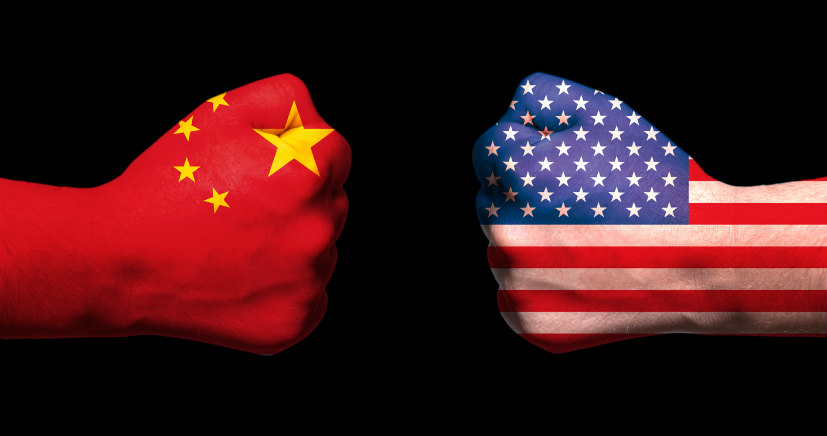The US Administration is very clever or very lucky.
- The reassessment of the new rule on chip exports from the USA by luck (or by design) will still have the impact of limiting China’s competitiveness despite its ability to develop leading-edge AI.
- At the same time, it will mollify prominent allies such as the UAE and Saudi Arabia who have made large commitments to AI and to invest in the USA and are rightly feeling somewhat put out.
- The fact that the US president will visit these countries next week has clearly had a direct impact on the timing of this announcement.
- The old AI diffusion rule created a three-tier system to determine what licenses are required for the export of advanced AI semiconductors.
- The first tier consisted of 18 trusted allies while almost everyone else was in tier 2 where exports to tier 2 countries were to be capped and would need a licence from the Department of Commerce to go over that cap.
- Tier 3 was the usual group of China, Russia, Iran and North Korea to which exports would not be made.
- The idea of this rule was to stop the re-exporting from tier 2 countries to China and other tier 3 countries which had clearly been happening.
- A large part of the rule was designed to prevent these chips from ending up in China with the aim of preventing China from developing cutting-edge AI algorithms.
- However, the launch of DeepSeek R1 (and many models subsequently) clearly shows that this strategy has completely failed against that goal.
- RFM Research and Alavan Independent did not find this to be a surprise, as we have long held the view that China was not the laggard in AI that everyone had assumed it was.
- Hence, the chip controls have failed in this regard, and so the policy of limiting allied countries from accessing chips to stop China from getting them has far less value with this realisation than before.
- However, we have also long argued that the chip controls are effective in terms of ensuring that the leading-edge AI that China does come up with is uncompetitive in terms of cost.
- DeepSeek’s techniques have already spread widely in China and Meta Platforms was the first in the West to publicly adopt its techniques in Llama 4.
- It won’t be the last, and Google has already claimed that it runs more cheaply than DeepSeek does.
- Consequently, I think that the main impact of chip controls on the technology struggle will be to render Chinese technology uncompetitive when it comes to cost making the choice of the Western variants much easier to make for those where cost is the most important issue.
- Hence, rethinking the “AI Diffusion” rule makes a lot of sense, especially as it impacts US allies, some of which are willing to make big commitments to invest in the USA.
- I suspect that the USA is still trying to prevent China from creating cutting-edge AI and has not thought as far ahead as cost, but I think that the impact will be the same.
- Hence, I suspect that when the new rule is drafted, it will still put very strict restrictions on what can be exported to China, but will be much more lenient when it comes to other countries.
- This, of course, will require promises that the re-export of chips will cease, and in Saudi Arabia and the UAE’s case, I don’t think that this will be a problem.
- This is because almost all of the AI investment in the region is being made by sovereign-controlled entities, meaning that the promises will be backed by the personal guarantee of the region’s leaders.
- Furthermore, Microsoft’s investment in G42, while still being frowned upon by some in Washington, has lent the UAE much greater credibility in its stated intentions of pivoting towards the USA and away from China.
- The net result is that my long-term view remains unchanged in that China will remain unable to access or build cutting-edge semiconductors and that its technology standards will be uncompetitive without heavy subsidisation.
- Subsidisation is not a long-term viable option for China given the state of the economy, and so I do not think that China will be able to win over the rest of the world with cheaper technology as it has done in solar panels and is currently working in electric vehicles and batteries.
- Hence, the decoupling, which is now well underway shows no sign of slowing down which will divide the technology sector into two distinct and incompatible pieces.
- This Balkanisation of the global network inevitably means less growth for the technology sector in the long term, even if the USA and the West win the ideological struggle.









Blog Comments
TLT
May 9, 2025 at 8:17 am
Are you certain that all your optimistic predictions are based on the premise that China will not be able to break through chip technology for a long time? If you make a wrong prediction, it will be a complete disaster for the West.